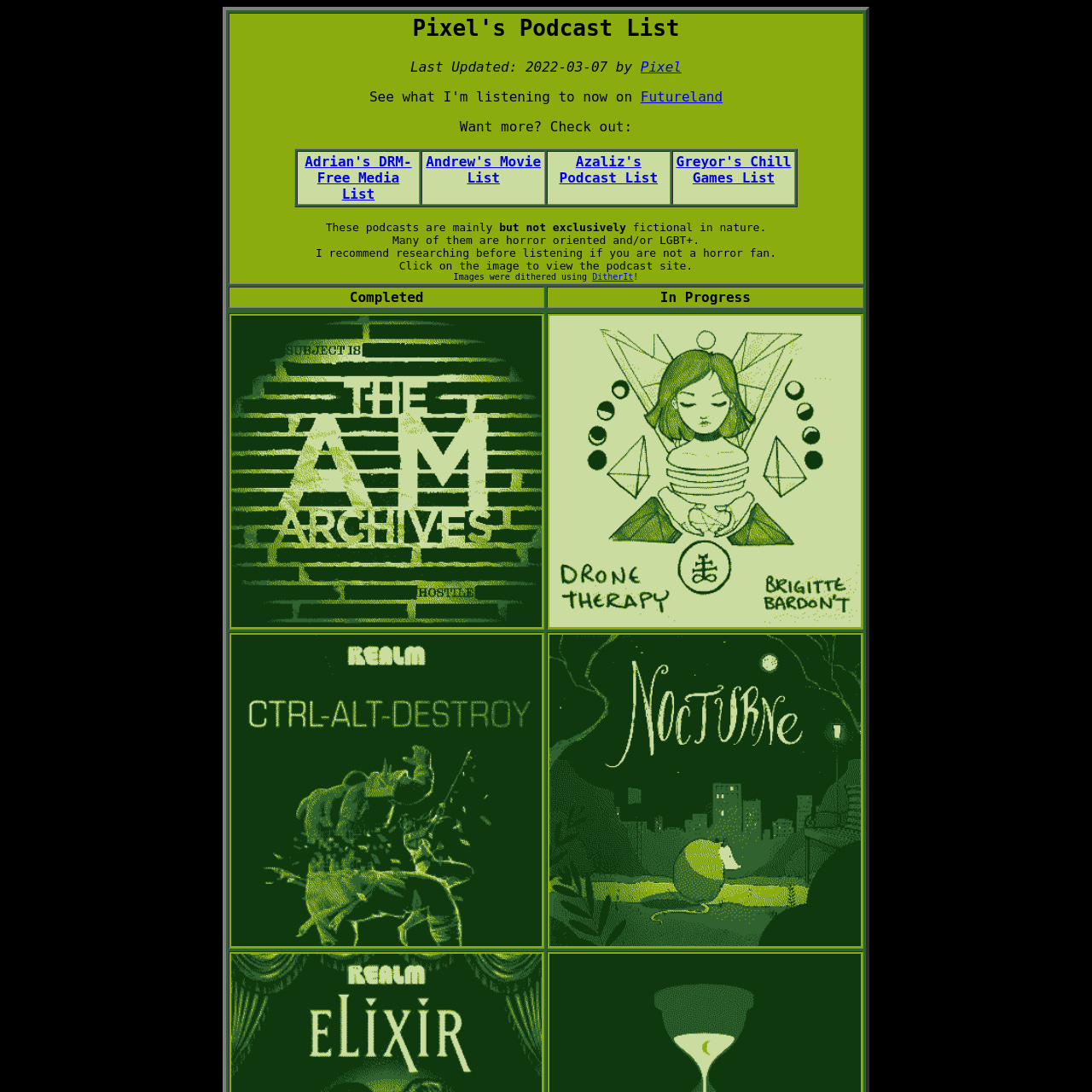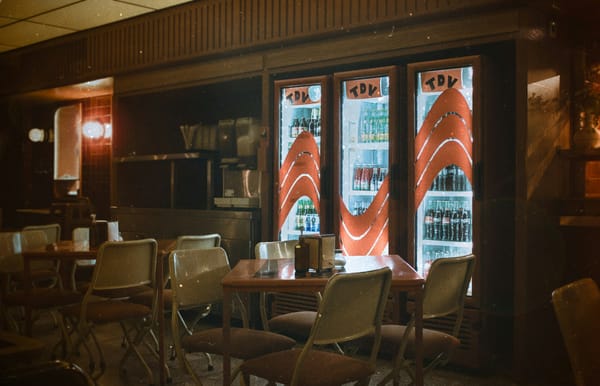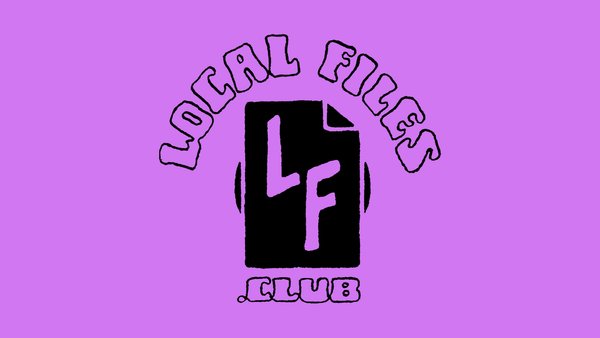Pixel's Podcast List
What space do you have on the internet that you can truly call your own?

What space do you have on the internet that you can truly call your own? Stumbling upon Pixel's Podcast List felt like finding a portal back to the internet before social media, before Facebook homogenized our profiles, before every site looked like variations on the same Squarespace theme. So it surprised me to see that the list was updated just a few weeks ago. In fact, Pixel's whole website was only created in the last year.
I found Pixel's Podcast List while I was researching backlinks (I love a good backlink) for a podcast I produce, Milky Way Underground, which made it onto Pixel's list along with other great fiction shows I've worked on, like Welcome to Night Vale and Dreamboy. The page is split up into two columns of podcast artwork dithered into lofi, Gameboy-green squares. Navigate to Pixel’s homepage and you’ll find art and coding projects, an academic resume, and a self-care checklist.

I was immediately curious—Who was Pixel? Why did they make this site? And why does it look like it just arrived in a time machine from the late '90s?
A few weeks ago, Pixel joined me on a video call from a very sunny study room at Swarthmore College, where they are a junior studying engineering and environment studies. Before that, Pixel studied business. "It made me really conscious of issues of accessibility on the internet and just how subversive marketing tactics can be. It made me ask myself, do I actually want to go into business after experiencing all of this? Does this actually serve my community?"
Now, Pixel's studies are largely focused around energy. "I think of energy very broadly. How do we use energy in buildings, but also how do we use energy in the sense of the internet or how do we use energy when we get it from food? My interests really lie in thinking about how communities engage with energy and thinking of distributing energy equitably."
What does any of that have to do with this website?
"Most of the time, my peers, they have their identities and their stories really told on Instagram or Facebook or YouTube. And these are platforms that at any time could take down your information." Even if they don't take down your information on purpose, massive troves of internet history can be deleted by mistake, like when MySpace accidentally lost 12 years’ worth of music uploaded to the platform.
To Pixel, this is especially important to think about when it comes to communities affected by climate change. "People are being forced to leave their homes because of climate change. When you leave your environment, there's only so much of that story or that artifact that you can take with you. Sometimes we say that the internet is where we can store all of these copies of this information. But I was really finding that the internet is so much more ephemeral than we realized; there was so much that was being lost."
These were things like old forums or message boards that Pixel used to hang out in as a kid, as well as an entire network of sites hosted on GeoCities. Pixel's website borrows a lot from the barebones aesthetics of GeoCities. Founded in 1994 and eventually purchased by Yahoo, GeoCities was a free web hosting service that allowed users to create simple HTML webpages. When GeoCities was shut down in 2009, over 38 million web pages were lost. While archivists have attempted to save as much as possible, it was a massive tragedy for anyone trying to understand the early internet.
Pixel wanted to think more critically about how they were interacting with and building a space for themselves on the internet. Would they rather drop random bits of themselves on Instagram or build something from scratch and be responsible for every aspect of it?
"[My site] sparks a conversation with my friends. I tell them, everything that I have on my website is very transparent." You can see how everything is built in terms of the code, making the site extremely accessible for curious eyes and for people using tools like screen readers. "Do you feel the same on the other websites that you engage with, and what does that mean to you, and how does that impact you?"
Pixel doesn't think that all of their friends are suddenly going to make websites. "But I would at least like that dialogue to be there, because I think there can be a lot of hope to know that there's a world outside of these echo chambers where we might see a lot of depressing things and have no way to really step back, no way to really know if people care about the person viewing it, whether they're actually being harmed by what we're sharing or not. I think having a personal website just makes it a lot more intimate because I've curated something completely from scratch to share with the world, and I hope that people enjoy it."
If you explore Pixel's site, you'll notice that their podcast list does not aesthetically fit in with the rest of it. Through a decentralized social network called Mastodon, Pixel found a community called Sunday Sites, a group that encourages people to "express themselves through HTML and CSS." Through one of the Sunday Sites sessions, Pixel was encouraged to try a "what you see is what you get" editor called SeaMonkey.
"In the early internet, there was an emergence of new tools for what you see is what you get. So if I click on a table, a table appears. That really changed how easily people could build their own websites. And that's what inspired [the podcast list page] and the way it is. Also, I love podcasts. I've been listening to podcasts since I was 13 or 14. They've been greatly influential in my life as well." If you're new to fiction podcasts, Pixel suggests starting with The Bright Sessions.
If you're interested in playing around with HTML and making your own personal site—or podcast list—Pixel has put together a collection of resources for simple web development for your perusal.




